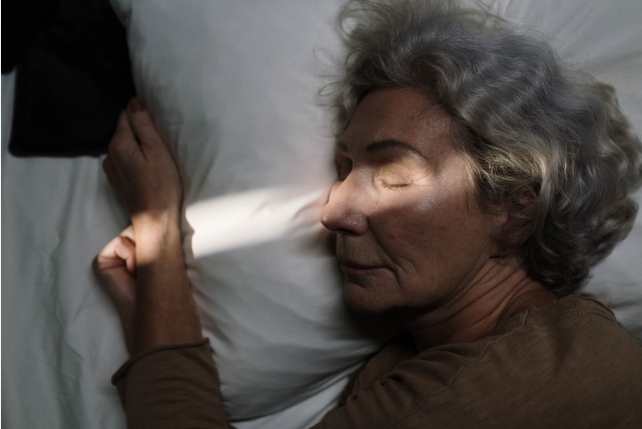Daylight saving time, that yearly yawn-a-thon that kicks in each spring, may not just affect our bodies temporarily.
New evidence suggests that winding our clocks forward in spring and backward in autumn is taking a toll on some aspects of our long-term health.
It’s not just the clock on the wall that has to change twice a year with this time policy. The body’s 24-hour internal clock is also interrupted, and now, scientists at Stanford University have connected that biannual upheaval to obesity and stroke.
Their models are based on county-level data from the contiguous US, and they suggest that picking either standard time or daylight saving time (DST) and sticking to it permanently would significantly decrease the national prevalence of obesity and stroke.
Related: You’re Not Wrong: A Neurologist Explains Why Daylight Saving Time Isn’t Healthy
Permanent standard time, for instance, would translate to 300,000 fewer cases of stroke and 2.6 million fewer people with obesity.
“The more light exposure you get at the wrong times, the weaker the circadian clock,” explains behavioral scientist Jamie Zeitzer, who co-authored the research with bioengineer Lara Weed.
“All of these things that are downstream – for example, your immune system, your energy – don’t match up quite as well.”

Previous studies have found that the “spring ahead” shift in DST can immediately increase the risk of heart attacks and car accidents, as well as cause temporary sleep disturbances.
Meanwhile, the “fall back” shift to standard time is not linked to the same acute fallout.
In 2022, in light of emerging evidence, the American Medical Association announced its support to end DST and move permanently to standard time. The American Academy of Sleep Medicine agrees.
The longer-term impact of DST, however, needs to be investigated further.
Zeizter and Weed’s models are not perfect or conclusive. They didn’t account for weather, geography, or human behavior. Still, the findings support the idea that DST can have long-running consequences and that the US population may be healthier without it.
The study was published in PNAS.


